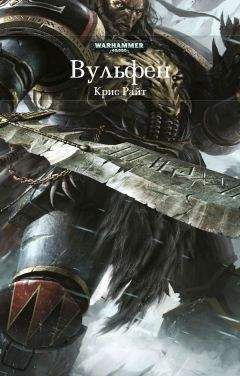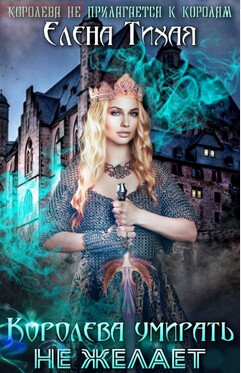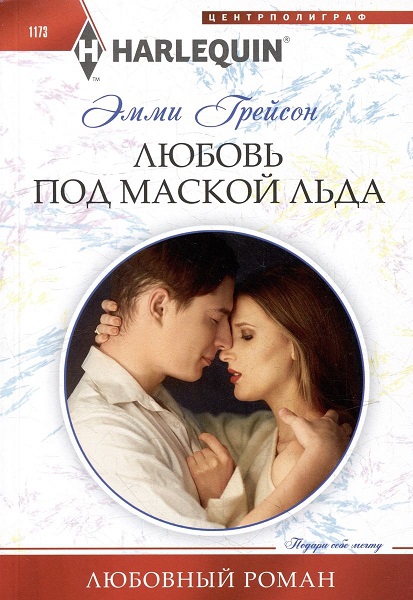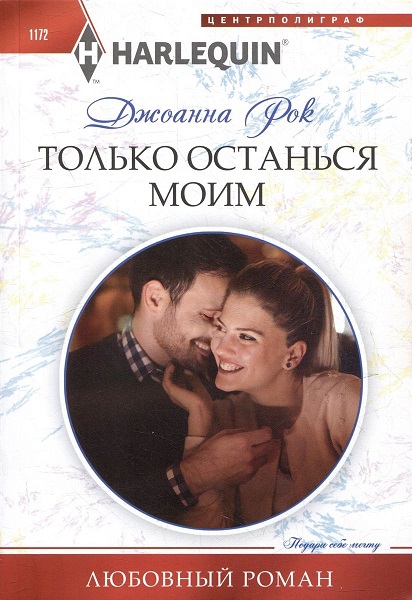Благословение Небожителей. Том 6 (ЛП) - Мосян Тунсю
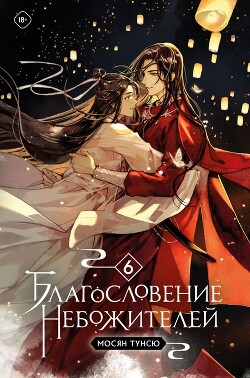
Помощь проекту
Благословение Небожителей. Том 6 (ЛП) читать книгу онлайн
Other/Unknown
Mount Tonglu
铜炉山 “COPPER KILN MOUNTAIN”
Mount Tonglu is a volcano within the domain of the fallen Kingdom of Wuyong, and the location of the Kiln, where new ghost kings are born. Every few hundred years, tens of thousands of ghosts descend upon the city for a massive battle royale. Only two ghosts have ever survived the slaughter and made it out—one of those two was Hua Cheng.
Name Guide
Names, Honorifics, & Titles
Diminutives, Nicknames, and Name Tags
-ER: A word for “son” or “child.” Added to a name, it expresses affection. Similar to calling someone “Little” or “Sonny.”
A-: Friendly diminutive. Always a prefix. Usually for monosyllabic names, or one syllable out of a two-syllable name.
XIAO-: A diminutive meaning “little.” Always a prefix.
Doubling a syllable of a person’s name can be a nickname, and has childish or cutesy connotations.
Family
DIDI: Younger brother or a younger male friend. Casual.
GE: Familiar way to refer to an older brother or older male friend, used by someone substantially younger or of lower status. Can be used alone or with the person’s name.
GEGE: Familiar way to refer to an older brother or an older male friend, used by someone substantially younger or of lower status. Has a cutesier feel than “ge.”
JIEJIE: Familiar way to refer to an older sister or an older female friend, used by someone substantially younger or of lower status. Has a cutesier feel than “jie,” and rarely used by older males.
MEIMEI: Younger sister or an unrelated younger female friend. Casual.
XIONG: Older brother. Generally used as an honorific. Formal, but also used informally between male friends of equal status.
YIFU: Maternal uncle (husband of maternal aunt), respectful address.
YIMU: Maternal aunt, respectful address.
Cultivation, Martial Arts, and Immortals
-JUN: A suffix meaning “lord.”
-ZUN: A suffix meaning “esteemed, venerable.” More respectful than “-jun.”
DAOZHANG: A polite address for Daoist cultivators, equivalent to “Mr. Cultivator.” Can be used alone as a title or attached to someone’s family name—for example, one could refer to Xie Lian as “Daozhang” or “Xie Daozhang.”
SHIDI: Younger martial brother. For junior male members of one’s own sect.
SHIFU: Teacher/master. For one’s master in one’s own sect. Gender neutral. Mostly interchangeable with Shizun.
SHIXIONG: Older martial brother. For senior male members of one’s own sect.
YUANJUN: Title for high class female Daoist deity. Can be used alone as a title or as a suffix.
ZHENJUN: Title for average male Daoist deity. Can be used alone as a title or as a suffix.
Other
CHENGZHU: A title for the master/ruler of an independent city-state.
GONGZI: Young master of an affluent household.
Pronunciation Guide
Mandarin Chinese is the official state language of China. It is a tonal language, so correct pronunciation is vital to being understood! As many readers may not be familiar with the use and sound of tonal marks, below is a very simplified guide on the pronunciation of select character names and terms from MXTX’s series to help get you started.
More resources are available at sevenseasdanmei.com
Series Names
SCUM VILLAIN’S SELF-SAVING SYSTEM (RÉN ZHĀ FAˇN PÀI ZÌ JIÙ XÌ TOˇNG):
ren jaa faan pie zzh zioh she tone
GRANDMASTER OF DEMONIC CULTIVATION (MÓ DÀO ZUˇ SHĪ):
mwuh dow zoo shrr
HEAVEN OFFICIAL’S BLESSING (TIĀN GUĀN CÌ FÚ):
tee-yan gwen tsz fuu
Character Names
SHĚN QĪNGQIŪ: Shhen Ching-cheeoh
LUÒ BĪNGHÉ: Loo-uh Bing-huhh
WÈI WÚXIÀN: Way Woo-shee-ahn
LÁN WÀNGJĪ: Lahn Wong-gee
XIÈ LIÁN: Shee-yay Lee-yan
HUĀ CHÉNG: Hoo-wah Cch-yung
XIAˇO-: shee-ow
-ER: ahrr
A-: ah
GŌNGZIˇ: gong-zzh
DÀOZHAˇNG: dow-jon
-JŪN: june
DÌDÌ: dee-dee
GĒGĒ: guh-guh
JIĚJIĚ: gee-ay-gee-ay
MÈIMEI: may-may
-XIÓNG: shong
Terms
DĀNMĚI: dann-may
WUˇXIÁ: woo-sheeah
XIĀNXIÁ: sheeyan-sheeah
QÌ: chee
General Consonants & Vowels
X: similar to English sh (sheep)
Q: similar to English ch (charm)
C: similar to English ts (pants)
IU: yoh
UO: wuh
ZHI: jrr
CHI: chrr
SHI: shrr
RI: rrr
ZI: zzz
CI: tsz
SI: ssz
U: When u follows a y, j, q, or x, the sound is actually ü, pronounced like eee with your lips rounded like ooo. This applies for yu, yuan, jun, etc.
Glossary
While not required reading, this glossary is intended to offer further context to the many concepts and terms utilized throughout this novel and provide a starting point for learning more about the rich Chinese culture from which these stories were written.
China is home to dozens of cultures, and its history spans thousands of years. The provided definitions are not strictly universal across all these cultural groups, and this simplified overview is meant for new readers unfamiliar with the concepts. This glossary should not be considered a definitive source, especially for more complex ideas.
GENRES
Danmei
Danmei (耽美 / “indulgence in beauty”) is a Chinese fiction genre focused on romanticized tales of love and attraction between men. It is analogous to the BL (boys’ love) genre in Japanese media. The majority of well-known danmei writers are women writing for women, although all genders produce and enjoy the genre.
Wuxia
Wuxia (武侠 / “martial heroes”) is one of the oldest Chinese literary genres and consists of tales of noble heroes fighting evil and injustice. It often follows martial artists, monks, or rogues, who live apart from the ruling government, which is often seen as useless or corrupt. These societal outcasts—both voluntary and not—settle disputes among themselves, adhering to their own moral codes over the governing law.
Characters in wuxia focus primarily on human concerns, such as political strife between factions and advancing their own personal sense of justice. True wuxia is low on magical or supernatural elements. To Western moviegoers, a well-known example is Crouching Tiger, Hidden Dragon.
Xianxia
Xianxia (仙侠 / “immortal heroes”) is a genre related to wuxia that places more emphasis on the supernatural. Its characters often strive to become stronger, with the end goal of extending their life span or achieving immortality.
Xianxia heavily features Daoist themes, while cultivation and the pursuit of immortality are both genre requirements. If these are not the story’s central focus, it is not xianxia. The Scum Villain’s Self-Saving System, Grandmaster of Demonic Cultivation, and Heaven Official’s Blessing are all considered part of both the danmei and xianxia genres.
Webnovels


